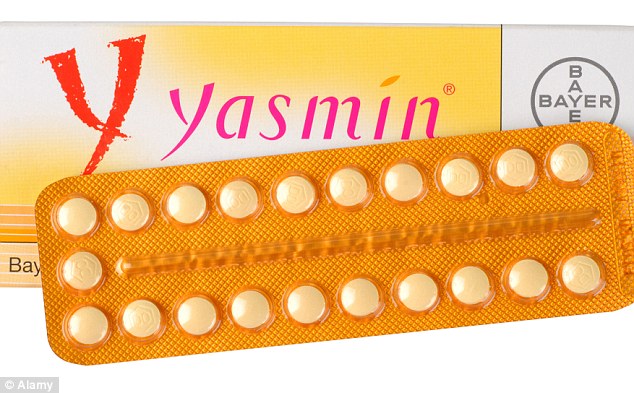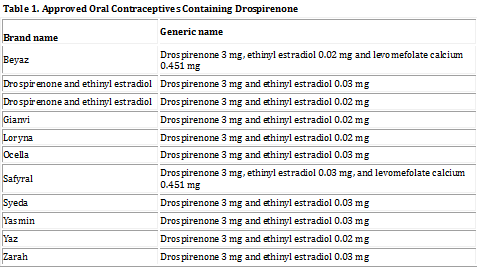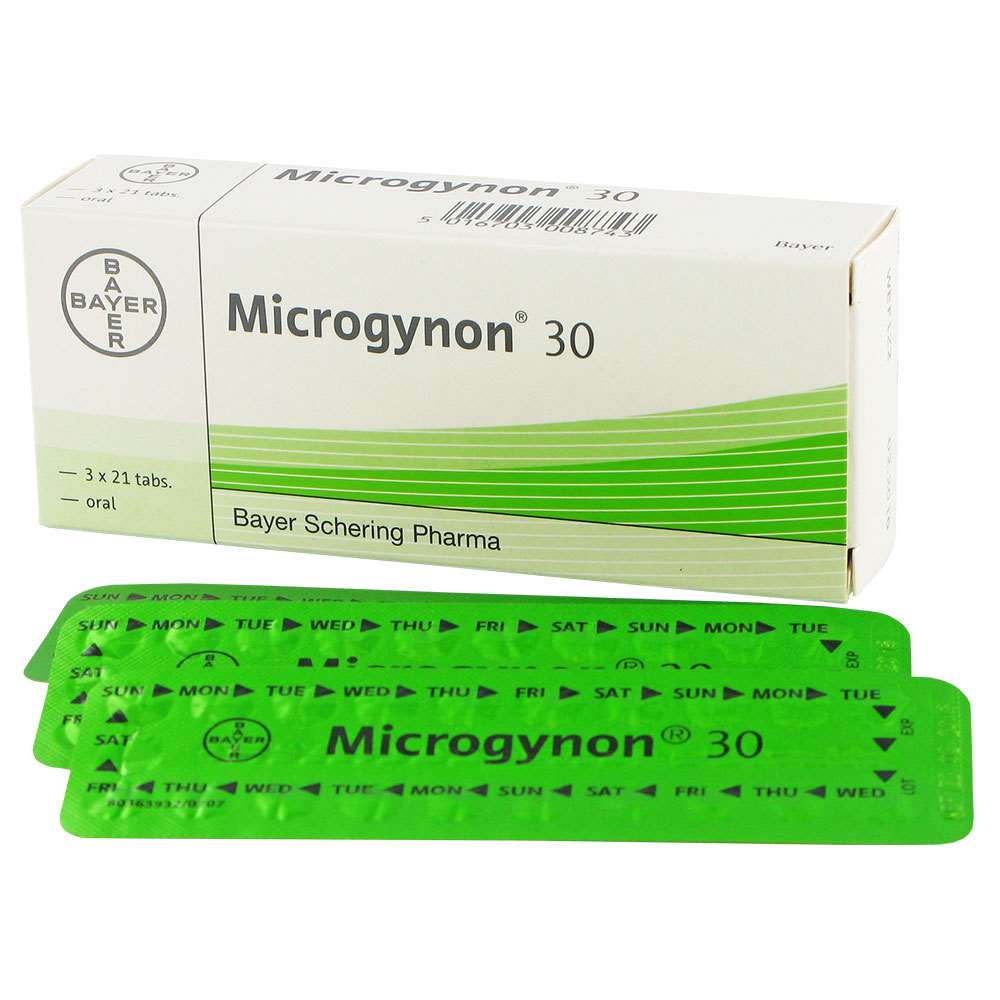
The contraceptive Yasmin – should you worry?
I had not heard about the birth control pill Yasminelle (or Yasmin), till I read about it in the Daily Nation today (17th December 2015 ).
From the latest Food and Drug Administration (FDA) review on the drug, which was done in 2011, Yasmin is still an FDA approved drug across the globe and is still being sold worldwide.
http://www.fda.gov/Drugs/DrugSafety/ucm257164.htm
I would like to review the most recent evidence on Yasmin but first let me start by saying that all oral combination contraceptive pills lead to a slightly increased chance of blood clots – bear in mind before you panic – that this risk is low. Pregnancy itself has an increased risk of blood clots so choosing pregnancy over the use of the pill will leave you none the better as far as blood clots are concerned.
So how to contraceptives increase your chances of blood clots?
The body forms clots all the time to seal little damages in our blood vessels and when we cut ourselves, our body quickly forms clots to stop us bleeding to death. The ability to form clots is really crucial to our survival, that is why people who cannot form clots easily, like haemophiliacs, need regular blood transfusions.
So called ‘combined’ contraceptive pills contain the female hormones estrogen and progestin. Estrogen causes an increase the numbers and stickiness of platelets – which are the blood cells that cause clots. Progestin on the other hand, relaxes blood vessels which allows for blood to pool in the veins, increasing the risk of clot formation. Using pills with both these hormones therefore raises the chances of forming clots that are not needed in your body.
If large clots, known as thrombus, form, they can clog blood vessels and prevent blood flow to these body organs. The formation of a blood clot in the deep veins of the body (commonly in the legs) is referred to as deep vein thrombosis.
Some of these large clots or thrombus, can break up and get into the blood which transports them to other body organs. As all the blood in the body goes first to the lungs to get oxygen, the lung is the first organ in which these detached clots, known as emboli, go and clog. The blockage of a vien in the lung is known as pulmonary embolism. This is what the German woman in the Daily Nation article today was suffering from. Pulmonary embolism is often serious and if not treated on time, will kill a patient.
So since all combined oral contraceptives can cause these clots, why has Yasmin been singled out from the others?
Yasmin is among a group of oral contraceptives that contains a new progestine called Drospirenone. Here is a list of a whole lot of other contraceptives with this hormone in them.
Now, there have been reports like this one described in the Nation article several times before and studies have reported contradicting results and this may be the reason why FDA has not removed the drug from the list of approved drugs. A most recent paper published this year (2015) has done an analysis that appears rigorous enough to provide evidence needed to form an informed decision. The paper was published in the British Medical Journal and titled: Use of combined oral contraceptives and risk of venous thromboembolism: nested case-control studies using the QResearch and CPRD databases.
If you want to know more about this study, please download the paper for free and find out the nitty grity of it all.
http://www.bmj.com/content/350/bmj.h2135
I will provide a layman’s explanation of how I perceive the data. The study was conducted in the UK where a quarter (25%) of all women use oral contraceptive pills. The UK has one of the world’s largest data bases that bring together data from all general practices and hospitals across the country. The data used in this analysis was from 15-49 year old women who were registered in over 1,300 clinics over the period 2001 to 2013. The researchers compared over 10,000 women who had venous thrombo-embolism (VTE) with over 42,000 women of similar age and circumstances who did not have VTE. By circumstance I mean that the two groups were balanced such that there were minimal differences in the two groups in terms of alcohol consumption, wealth, age and weight; all factors known to contribute to VTE.
Remember venous thromboembolism – venous thrombo refers to a large blood clot attached to a vein and emboli to a dislodged blood clot – VTE are therefore conditions resulting from large blood clots breaking up and moving to other body organs and blocking their blood vessels.
So when the two groups of women were compared: those with VTE and those without – the researchers found that the more recent formulations of oral contraceptives, like Yasmin, do have a slightly increased risk of clots.
But what kind of risk are we talking about?
Remember that all oral contraceptives have an increased risk of blood clots that dislodge and block blood vessels in other parts of the body (VTE).
So let’s compare a pill that almost everyone woman on the pill in Kenya has used, Mircogynon (contains Levonorgestrel and Ethinylestradiol).
From this study Microgynon will lead to an extra 6 cases of VTE per 10,000 women using this pill in a year and Yasmin will lead to 13 extra cases of VTE per every 10,000 women using the pill.
So please let’s put all this in perspective – the excess risk of Yasmin we are talking about is 7 extra cases per 10,000 women per year – above that which are found among women using the most commonly prescribed contraceptive in Kenya, Microgynon. You would say that 7 extra cases per 100,000 women is way too many for the serious consequences that VTE has ……. I shall leave you to decide that.
Bear in mind also that Yasmin and it’s namesakes, are usually prescribed in women who suffer from acne or bad menstrual pain and is not given as a first line contraceptive often.
I would say, that unless you suffer from acne or other conditions, you should not really be spending your money on Yasmin – as there are other alternatives in the market that have that little less risk. HOWEVER, it is worth bearing in mind that the increased risk is not alarming.
I risk repeating myself but there goes: bear in mind in all this that pregnancy has as much risk of blood clots and so do not be deceived, the pill is still better than an unwanted pregnancy where blood clots are concerned.
I don’t know whether FDA will change its stand with this new information, but I would be surprised if they did as the extra risk of Yasmin appears low – we shall see.







